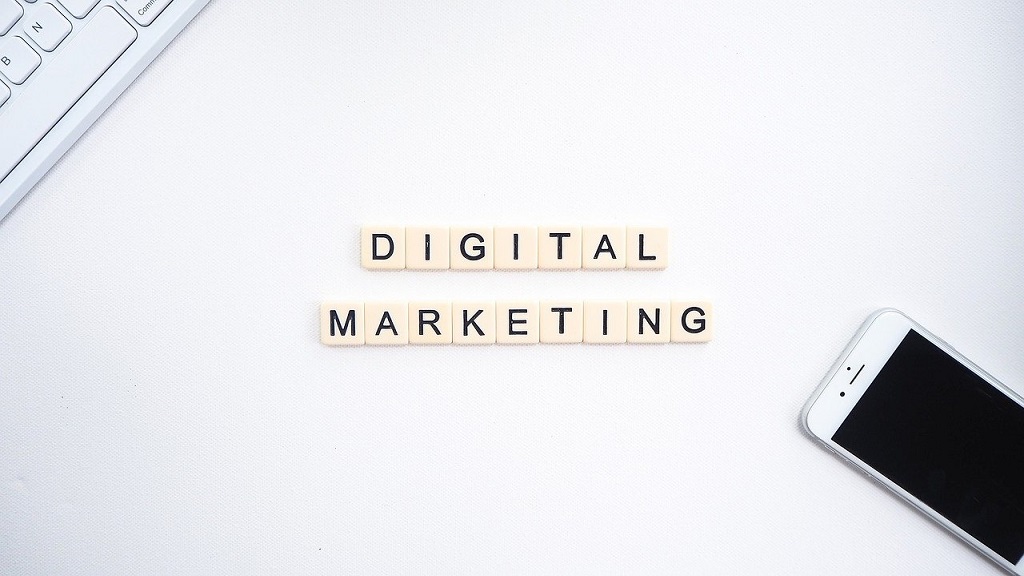
Today’s small businesses are aware that Going digital is essential to help improve customer engagement and grow your business. Having a professional website, with a design adaptable to various devices, is a basic requirement for them. On the other hand, promoting business By using digital marketing techniques and tools you can help maintain connection with current customers, connect with new potential consumers and drive brand awareness and growth.
According to Hootsuite, in February 2022, 92% of Spanish Internet users accessed the internet via mobile. And of those who said they carried out ecommerce activities every week, 54% said they had bought a product or service online. Furthermore, among Internet users who reported engaging in online activities, 62% reported having visited a brand’s website in the last 30 days.
With the active use of the Internet from mobile devices and the growing tendency to visit brand websites, GoDaddy, a company that empowers entrepreneurs in their day to day, share ten digital marketing techniques to help small businesses publicize their business and their products and services:
- EmailMarketing: This technique is still popular and effective as email marketing is used as a communication tool to create personalized emails with information including promotions, discounts and business updates. Sending them allows you to write specific content for different audiences, such as age, interests and location.
- Content Marketing: The goal of this technique is to create and exchange content in the form of tweets, newsletters, infographics, blog posts, or videos on various platforms to help convert potential customers into regular buyers of the business. This can help build trust, increase business awareness, and drive more traffic to the business website.
- SMS Marketing: This marketing activity is carried out through text messages to mobile phones with customers who have given their consent to receive communications through this channel. These short messages can be used for a variety of purposes, from increasing customer loyalty to increasing sales by communicating an exclusive product offer or a time-sensitive sale.
- Attraction Marketing: To apply this technique, it is necessary to have the ideal client as the center of the strategy. Content generated exclusively for the brand’s target audience sets it apart from the competition and increases visibility and engagement with more potential customers.
- Unique Selling Proposition (UPS) Marketing: This strategy provides a unique selling proposition, or differential value for a small business compared to its competition. To achieve differentiation, emphasis is placed on the quality of the product, the functionality it possesses and its unique characteristics are highlighted.
- Sensory Marketing: its objective is to create positive experiences by appealing to the senses of consumers. It goes beyond physical products; it is designed to create a psychological connection between an experience and a product or a brand. Combining all the senses to engage potential customers can impact their emotions and purchase decisions.
- Social Marketing: Giving visibility to a social cause, proposing a solution and driving customers to action is the basis of social marketing. it allows potential customers to feel a more emotional bond with the brand. To carry it out, efforts must be made to raise awareness, carry out activities to increase its relevance and encourage consumers to become an active part of the movement.
- Emotional Marketing: Designed to connect with the target audience with promotions or campaigns that specifically appeal to their emotions, with this marketing technique, entrepreneurs can focus on the emotions associated with their brand and its values. For example, marketing campaigns with tears and humor can elicit emotional responses from consumers. Coca-Cola is an obvious example of a company that has appealed to people’s emotions by personifying and encouraging the sharing of its products with families and friends.
- Data driven marketing: It is based on the use of data to develop online marketing strategies. Today, companies can collect information about the performance of their business, their brand, and their products and services in the marketplace. Analytical tools can show the number of visits to a website, the most visited pages and the time spent on a certain page. This data can help drive the company’s strategic decisions and marketing plans.
- Influencer marketing: influencers recommend all kinds of products and services in a collaborative “commercial” format. Although not considered a promotional advertisement, these types of messages are perceived as coming from a person admired for their opinions. A social media influencer can grab the attention of their followers quickly by sharing posts that are relevant to them.



